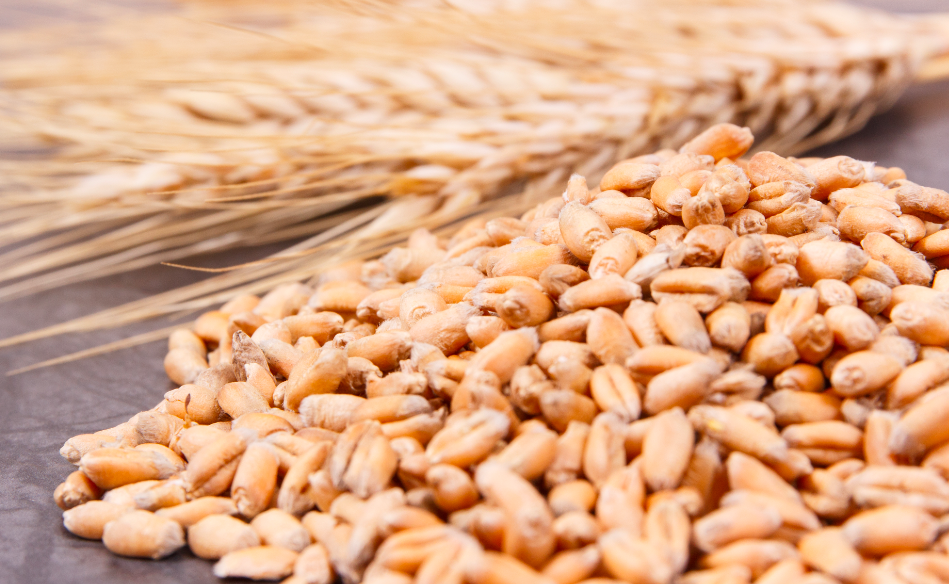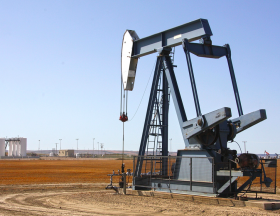Heavy flooding in South Sudan has destroyed around 37,624 tonnes of grain this year, according to the latest preliminary report from the Food and Agriculture Organization of the United Nations (FAO).
The FAO said 65,107 hectares of land have been submerged since May.
“A preliminary FAO analysis indicates that around 65,107 hectares of cultivated land have been damaged by the floods, with an estimated loss of 37,624 tonnes of cereals, which is expected to have negative consequences on the food security of the affected populations” , indicates the report consulted by the Anadolu agency.
The report notes that more than 835,000 people have been affected by the flooding in eight of the country’s ten states, with Jonglei, Unity and Upper Nile being the most affected.
“The majority of those affected by the floods are struggling to survive as the floods of previous years have not yet receded and the new influx of water is making the situation worse, making the prospect of a recovery difficult, if not impossible.” , says the report, which also states that 795,558 head of cattle perished as a result of this year’s flooding in eight states of South Sudan.
“This includes cattle, goats and sheep, as well as an unknown number of poultry, dogs and donkeys”, according to the report established by the UN institution.
South Sudan is experiencing one of the world’s worst famines, with 2.5 million people in emergency or worst levels of acute food insecurity, of which 108,000 people are said to already face near-starvation conditions , according to the World Food Program (WFP).
The FAO report also notes that 4.7 million people are already in crisis, adding that it is possibly the worst food security situation since the country became independent in July 2011.
South Sudan is highly vulnerable to climate change, including flooding, droughts and, more recently, a locust infestation. Long-term climate change, such as a gradual increase in temperature and short-term changes, specifically the increase in flooding, have indirect and interrelated implications for peace and security in South Sudan.
Some parts of the country are experiencing their worst floods in 60 years and the UN is linking the situation to climate change.
For some regions, this is the third consecutive year of extreme flooding, putting the livelihoods of the world’s youngest country at risk.
In addition to flooding, a five-year civil war, hunger and corruption ravaged the country. Now climate change is impossible to ignore.
Source Anadolu Agency






















Réagissez à cet article